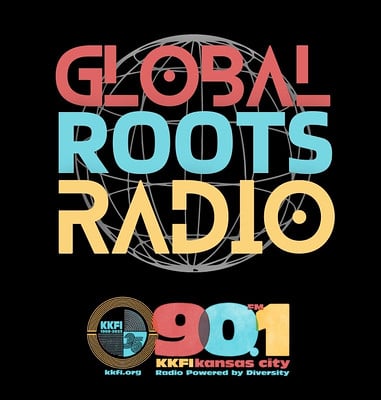Ana Ramirez in her own words:
“My name is Ana Yesenia Ramirez and I’m an indigenous woman, specifically Mayan from Guatemala. I was born in Los Angeles, CA and moved to a small town in Western North Carolina with my family when I was three years old. I grew up in North Carolina and moved to Rhode Island to go to school. I graduated in 2015 with a degree in Anthropology and Latin American and Caribbean Studies. I’ve embraced the past few years as opportunities to learn more about myself. I went back to North Carolina where I worked with Mayan youth and freelanced as a Spanish interpreter at a psychiatric hospital. Soon after, I moved to my family’s hometown in Guatemala to study my family’s native language and also to teach English at a middle school. After my travels, I came across an opportunity as an AmeriCorps VISTA to work in Kansas City’s Northeast. I was attracted to this position because I would work in a diverse, low-income community and would “build capacity” as opposed to direct service. I moved in September 2017 and will be here for almost a year. While in KC, I’ve been working with different residents in Northeast on various projects. The most salient project was on youth engagement which started as a research project then has developed to an activities fair which was a couple days ago. The goal of the project was to find ways to weave the community more into the lives of youth in Northeast through programs and activities. This fall, I’ll matriculate to a Cultural Anthropology graduate program with an emphasis on activist anthropology and participatory research. I’m guided by the following: creating “access,” meeting people where they are, listening to the “multiplicity of voices,” and this quote, ” There’s really no such thing as the ‘voiceless.’ There are only the deliberately silenced, or the preferably unheard.” My ideas of activism thus far have been rooted in family, listening, mutuality, and my group identity with my indigenous community.”



